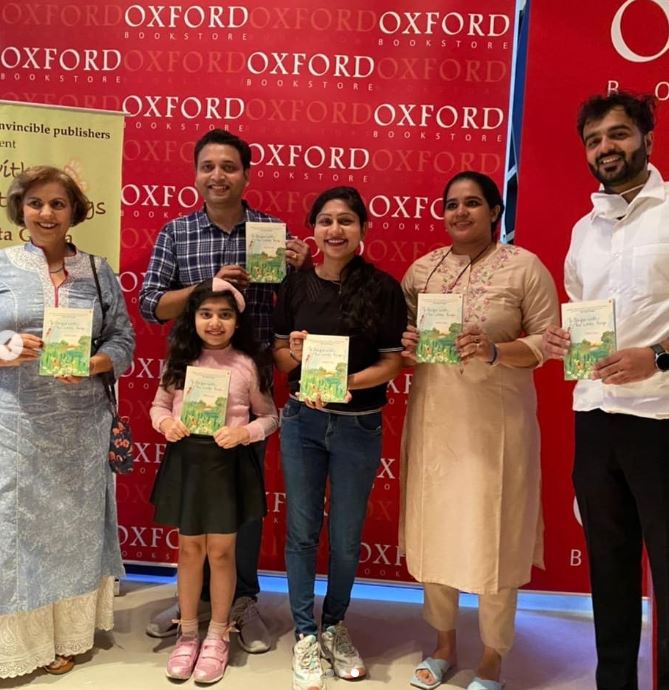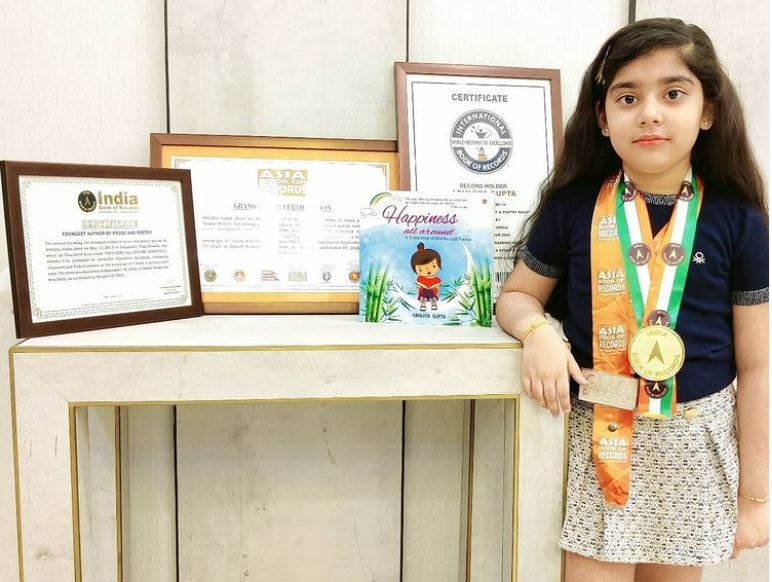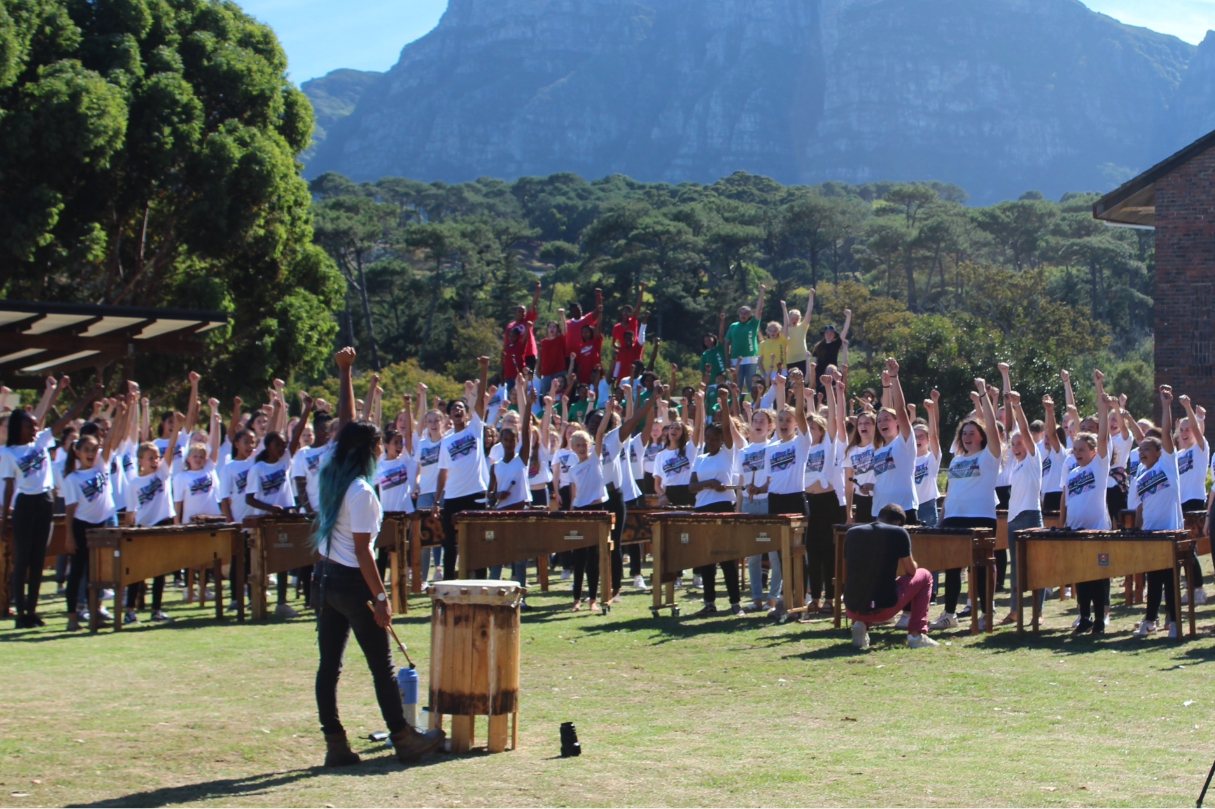(February 18, 2023) Sarvesh Prabhu can leave audiences spellbound with his live performances of Carnatic music, beat you at a game of chess or show you some swift swimming strokes. Playing a piano comes naturally to him. Academics? Well, he is good at that too. When he is not doing any of the above, you can find him patiently searching for insect larvae in the millet field, in the middle of a hot afternoon!
The 17-year-old represented India at the International Science and Engineering Fair (ISEF) in Atlanta, USA last year and won the third prize and US $1000 in the biochemistry category for developing a cost-effective bio-insecticide from the leaves of the ‘bullock’s heart’ (Annona reticulata) popularly known as Ramphal.

“My diverse interests and activities have helped me develop into a well-rounded individual capable of bringing joy, creativity, and compassion to the world,” smiles Sarvesh Prabhu, a research intern at the International Crops Research Institute for the Semi-Arid Tropics (ICRISAT), Hyderabad, in conversation with Global Indian.
How it began
During the pandemic-induced lockdown, Prabhu took to gardening, like many others. “But the yield was disappointing due to insect damage. After some thinking and a few experiments, I created a bio-insecticide using Ramphal as it was the only tree in my garden that wasn’t damaged by pests,” says the youngster. It taught him the basics of chemistry, biochemistry, and entomology. “It ended up creating an affordable solution for small-scale farmers.”
The project titled, ‘A novel study of bio-insecticidal properties of Annona reticulata’ showcased the bio-insecticidal properties of the leaves of the plant. Traditionally, the extracts of various parts of this plant have been used to treat diseases like dysentery and pediculosis. The study revealed that extracts from its leaves could be effective against three disastrous pests, with the mortality rate ranging from 78-88%.


The use of chemical insecticides increases the cost of cultivation from ₹2,000 to ₹4,200 per acre, they also destroy the beneficial insects and contaminate the soil and food produce. On the other hand, bio-insecticide is eco-friendly and the cost of making the insecticide from leaves costs ₹27 per litre, making it affordable.
Global reach
“The solution not only protects crops but also generates additional income through selling the fruits for food and the leaves for producing the bio-pesticide,” points out Sarvesh, who presented the outcome of his research at the world’s largest pre-college science fair in Atlanta.
For Sarvesh, the ISEF will always hold a special place in his heart. “Interacting with delegates and individuals who shared similar aspirations broadened my perspective,” recalls the young researcher, describing the competition as nerve-wracking.
Post his first overseas trip to US, Sarvesh traveled to the UK and then to South Korea as part of the Atlas fellowship and Korean Cultural Centre India respectively in October-November last year.


“These trips have been instrumental in shaping my personality,” says the youngster, who was also awarded the first prize and Rs one lakh by the Department of Science and Technology, Government of India, as part of the Council of Scientific and Industrial Research (CSIR) Innovation Award for School Children.
Diversity at home
The son of a central government employee, Sarvesh was born in Lucknow and studied across India, including including Mumbai, Bangalore, Kozhikode, Raipur and finally Hyderabad. “My father’s job required frequent relocations, which allowed me to learn new languages and cultures,” says the youngster, whose mother is a home maker.
Academics, he says, was never challenging for him, although he was often close to the attendance cutoff. “Nonetheless, I wrote my exams with confidence and passed them easily,” adds Sarvesh, who describes his school days as being “seldom in school” as his focus was on learning and exploring the world through interactions with people and their experiences.


Exploring scientific research
His internship at the ICRISAT’s Entomology department commenced in September last year. It offered him an opportunity to gain practical experience in insect biology and research.
“I learn the methods for rearing insects and studying their life cycles. Besides, I participate in bioassays, such as detached leaf and pod bioassays and diet feed-based bioassays,” explains the XII student of FIIT JEE junior college, Hyderabad.
Visiting ICRISAT at least thrice a week, he also gained expertise in Gas Chromatography-Mass Spectrometry (GCMS) and High-Pressure Liquid Chromatography (HPLC) analysis and basic phytochemical testing.
Sarvesh says ICRISAT’s Entomology unit has one of the best insect-rearing facilities in India, maintaining five to six insect cultures year-round and providing a regular supply of insect cultures and training on rearing and screening protocols to other research institutions.
“My internship with Dr. Jagdish Jaba, Scientist in the Entomology department, is extremely beneficial. I gained a lot of knowledge about insects and research methods. The guidance for research is excellent,” he says.
What’s in store?
As for his future plans, Sarvesh wants to pursue a career in research and natural sciences. “But right now, my entire focus is on preparing for my board exams (in February-March).”


Sarvesh is also a socially conscious person who strives to make a positive impact on the community. “I established ‘The Healing Hut’ a non-profit organization aimed at making mental therapy accessible to those who might not otherwise have access,” says the youngster, who has been able to provide a path of recovery and healing to many people struggling with mental health issues.
- Follow Sarvesh Prabhu on Linkedin


















